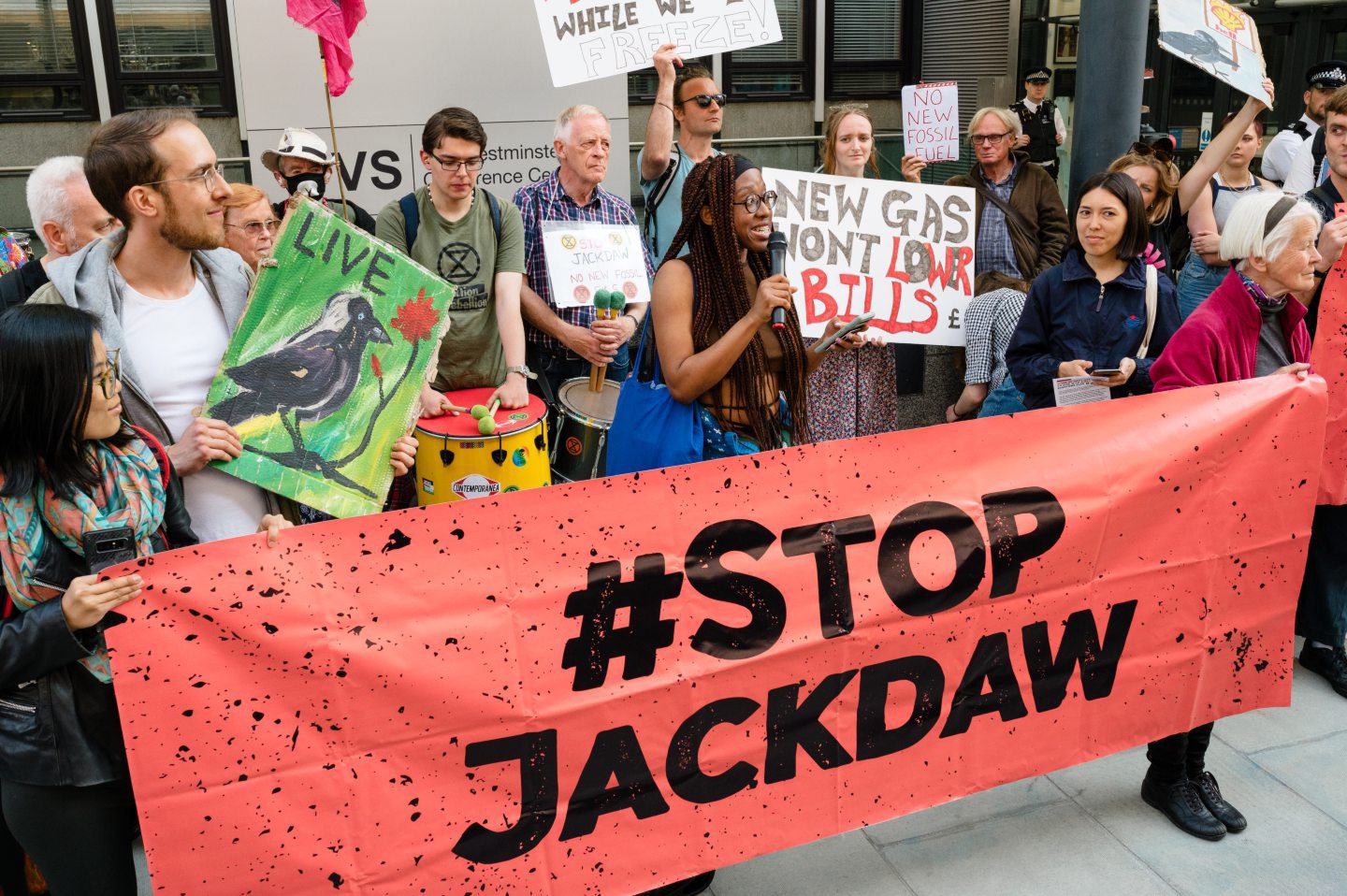A climate activism group in the Netherlands has launched a fresh legal case against oil supermajor Shell focused on around 700 oil and gas projects.
It comes after a Dutch court last year overturned a landmark 2021 ruling in a case brought by the same activist group, which would have forced Shell to reduce its emissions impacts.
Climate campaign group Milieudefensie, the Netherlands arm of Friends of the Earth, had sued Shell for the emissions produced throughout its entire value chain.
In launching the new legal challenge, Milieudefensie said Shell had decided to invest in 32 oil and gas projects since the initial 2021 ruling.
Milieudefensie director Donald Pols said the legal challenge aims to prevent all 700 of Shell’s projects from going ahead.
“At a time in which the climate crisis continues to rage on because of the actions of companies such as Shell, every new oil or gas field is simply one too many,” Pols said.
“This is why we are once again taking our case to court.”
Pols said filing separate legal challenges over every individual project would “take far too long”.
“In this way, all of Shell’s new fields might be banned in one fell swoop,” he said.
Shell oil and gas production
According to research by Milieudefensie and Global Witness, if Shell sticks to its current plans its 2030 emissions will be “even higher than in 2022”.
If, however, Shell ceased oil and gas field development from April 2025, it could prevent up to 5.2 billion tonnes of CO2 emissions, Milieudefensie said.
This equates to 36 times the current annual emissions of the Netherlands, the group added.
Lawyer Roger Cox, who is representing Milieudefensie, said this shows the case could “bring huge climate gains”.
 © Supplied by Uplift
© Supplied by Uplift“All leading institutional and scientific sources point in the same direction: there is no room for new oil and gas fields,” Cox said.
“With the right climate approach, new fields would be redundant. Existing oil and gas production would more than suffice to meet global demand.”
Milieudefensie youth chair Winnie Oussoren said world leaders and energy companies are “nowhere near doing enough to stop the climate crisis”.
“Fortunately, in court these large polluters are not getting away with empty green pledges,” Oussoren said.
“It is simple: Shell must stop endangering people now and in the future. Ceasing to develop new oil and gas fields is an essential step.”
Alongside its fresh legal challenge, Milieudefensie said it will seek a review of the Dutch Supreme Court decision in its first climate case against Shell.
Shell climate law challenges
The case in the Netherlands comes after Shell saw a court quash regulatory approvals for its Jackdaw project in the North Sea in January.
Scotland’s Court of Session in Scotland overturned approval for Jackdaw, alongside Equinor and Ithaca Energy’s Rosebank project, in December.
This was in response to cases brought by two environmental groups, who argued the UK government acted unlawfully when granting consent for the field.
That decision came after a Supreme Court ruling in the Finch case last year, which determined approvals for fossil fuel projects in the UK must account for all downstream emissions.
Alongside a similar recent court decision concerning oil and gas projects in Norway, it highlights a growing trend in international climate law regarding downstream emissions.
Energy Voice has contacted Shell for comment regarding the Milieudefensie legal challenge.




















